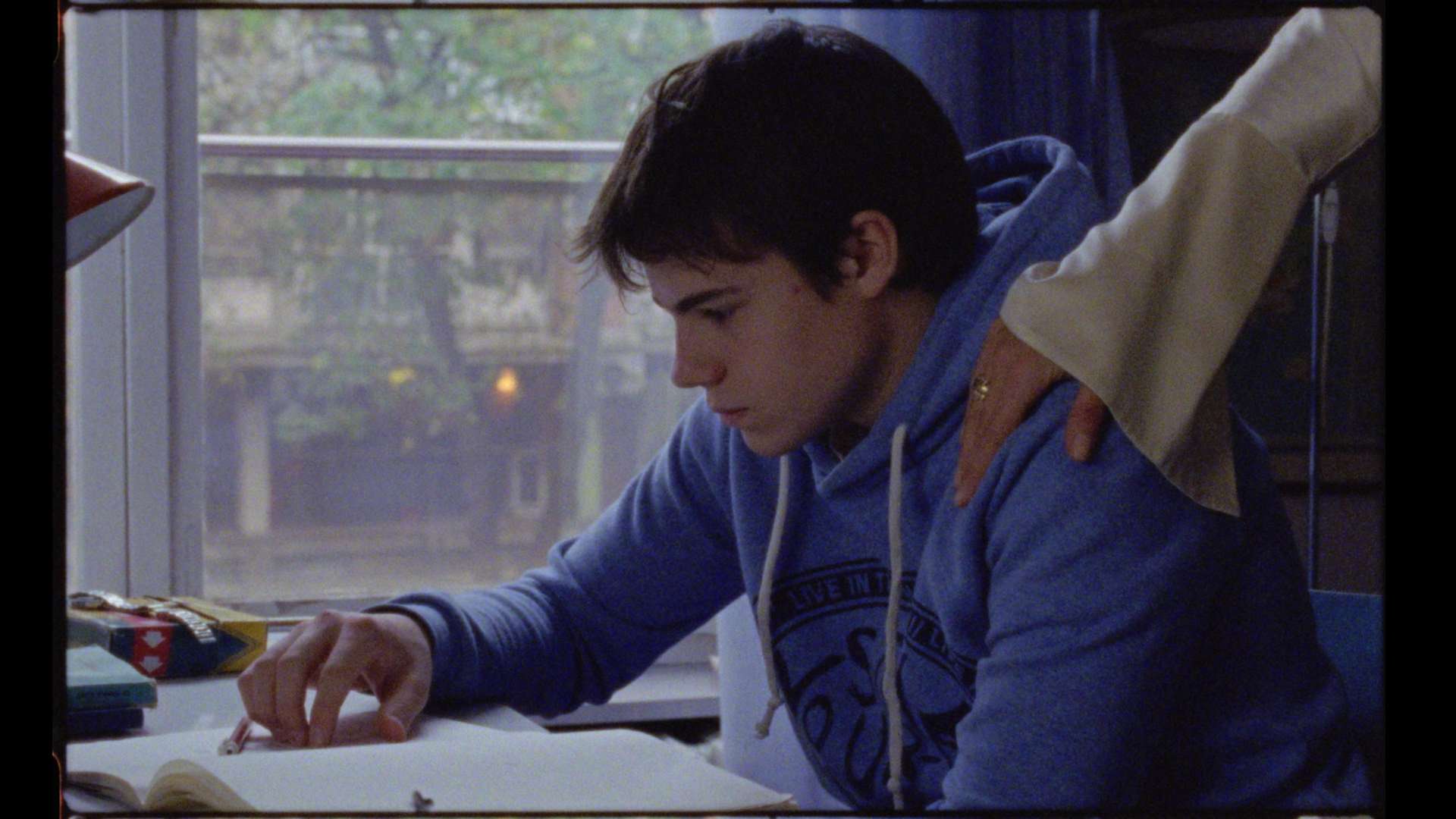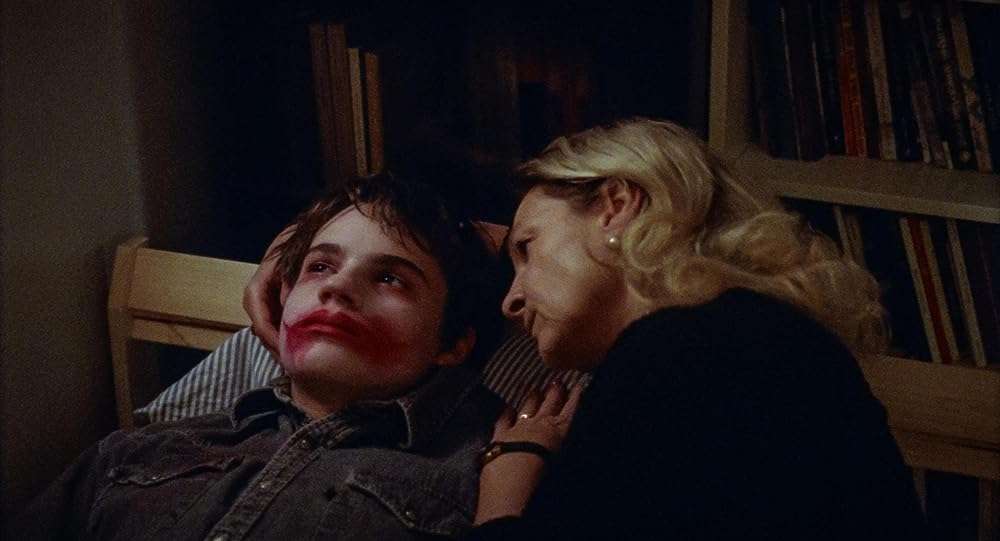After a long hiatus, Vladimir Perisic’s return to direction with Lost Country takes up a compelling lens. Posited at the troubled crossroads between family and fascism, the screenplay by Perisic and Alice Winocour looks at a teenager, Stefan’s (Jovan Ginic) consciousness, his complicated feelings stemming from the clash between his mother’s political identity and the quickly souring public opinion with her represented party. Stefan lives with his mother; his father’s away. The mother and son share an intimate, tight-knit, and loving relationship. Stefan looks forward eagerly to his mother’s presence, unlike the fractious inclinations of his teenage years.
It is Serbia in the late nineties. The Socialist Party of Milosevic has won the national elections. Stefan’s mother, Marklena (Jasna Djuricic), is the party’s spokesperson. But the tidings of disaffection with the Socialist Party’s victory is steeped in the atmosphere. Stefan constantly senses how the public and popular will are firmly pitted against the party, while there are strong rumors that the election has been rigged. Stefan struggles to disconnect from the sharp public dissent that’s swirling everywhere around him, at his school and among his friends. He clutches onto his belief in his mother’s innocence, that she has nothing to do with the elections.
The film is predicated on Stefan’s immense inner churning, the relentless collision he experiences in holding onto and protecting his faith in his mother, and the signs of her abetting the oppression that is continually thrust in front of him. As much as Stefan seeks to evade the profound ethical moral dilemma, he is compelled to confront it and arrive at an understanding with it that is inextricably linked to his deep connection with his mother.
Perisic examines the unease that springs from the tussle between public/political and private individual realization. The screenplay charts Stefan’s emotional trajectory vis-à-vis his approach to his complex position as the son of a woman, increasingly believed to be on the wrong side of history. The film quickly attunes us to Stefan’s mounting discomfort and his occasional tendency to distance himself from being related to his mother.
As strife around him escalates with accelerating crackdowns on protests, he is riven with swelling doubt about his mother’s possible culpability and complicity. Perisic probes the nature of his reckoning. Stefan keeps pursuing his mother for an explanation, but she doggedly defers the conversation. Perisic situates Stefan as an individual continually cognisant of, taking note of what he witnesses and perceives.

As much as he would like to shut himself off from any uncharitable remarks levied against his mother for her political leaning, he finds it impossible. Perisic hinges the viewer close to Stefan, grappling with what he believes about his mother being frequently battered in the wake of the dire context he is surrounded by. In Jovan Ginic’s quietly discerning performance, Stefan comes alive as someone who is constantly absorbing the discourse and chatter around him, processing it, even as it thoroughly perturbs the bent of his beliefs.
Stefan refrains from taking any direct stance for most of the film, but Ginic subtly slices out any implicit suggestion that Stefan is indifferent. The character’s passivity is challenging to pull off. Thankfully, Ginic shows with nuance how Stefan’s once-regarded beliefs are slowly, irrevocably being chipped away at.
This is a film sensitively circling the tragedy of a son who comes to realize with dread and horror a difficult, harrowing truth and finally accepts it. How does he move from the initial unsettlement to rejection and resistance and finally cross over with bruised resignation and betrayal to owning the bitter truth he hoped was a lie? Ginic nails each aspect of this gradual journey as Stefan hardens himself under the brunt of slow, anguished discovery.
Stefan is not naïve; he just has no scope for discussing and tackling his feelings with anyone else. Perisic does not develop friendships with much depth or curiosity, especially in proportion with which he tends to position Stefan in their ambit. Therefore, Stefan’s alienation among people he is supposed to be comfortable with comes off as sorely under-etched.
However, Perisic exerts fine control over his tricky thematic terrain, and the central mother-son relationship remains consistently resonant and engagingly dynamic. Backed by the solid rapport between Ginic and Djuricic, who is fascinatingly ambivalent and guarded and terrifically loving as the mother, Lost Country manages to retain a psychological minuteness in the attention it rewards a young protagonist caught up in a morally questioning position rarely seen on screen.


